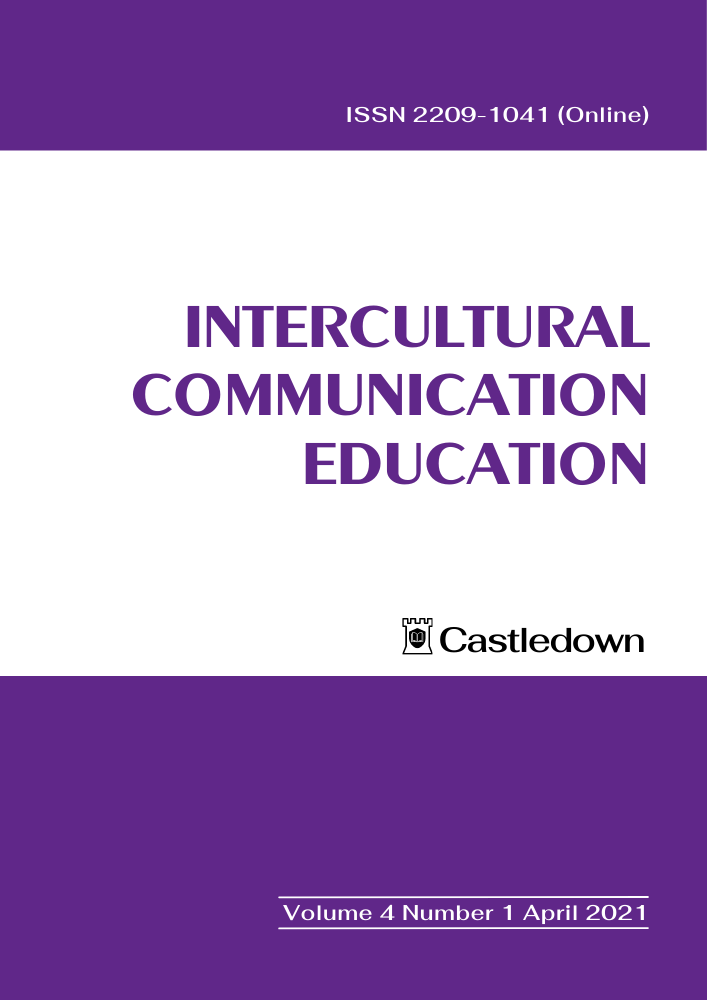Overview
Editor-in-Chief: Adriana Raquel Díaz
First Published: April 2018
Frequency: Three Issues/Year in Continuous Online Publication
ISSN: 2209-1041 (Online)
![]()
![]()
Indexing:
Aims & Scope
Intercultural Communication Education is an innovative open access journal that aims to make quality interdisciplinary scholarship at the intersections of language education and intercultural communication available to a broad international readership. The journal aims to showcase work which tackles the complexities of intercultural interaction and challenges existing theoretical perspectives on the role of language and culture in communication, particularly work which generates implications for the teaching and learning of intercultural communication in educational and professional contexts. The journal also aims to present insightful theoretical and empirical work which deals with the question of how individuals in educational and professional contexts develop intercultural capabilities, and how educational content and pedagogical practices can support such development. We strongly welcome submissions that take an interdisciplinary perspective, including papers that explore intercultural issues through the lens of multilingualism.
Speed/Acceptance
11 days from submission to first editorial decision
77 days to submission to accept
13 days from accept to online publication
28% acceptance rate
Publication Details
This is an open access journal.
All articles are freely available immediately on publication.
There are no fees to submit to this journal, but article processing charges are required once a manuscript has been accepted for publication. These fees are available here.
Publisher Information
Ground Level, 470 St Kilda Road
Melbourne VIC 3004 Australia
Email: journals@castledown.com
Peer Review Process
The Australian Journal of Applied Linguistics uses a double-blind peer review process where manuscripts that are sent out for review (i.e., those that pass through the initial check for length, quality, and relevance by the Editor-in-Chief) will be sent to at least two reviewers who will provide their feedback to the Editor-in-Chief in a timely manner, preferably within three weeks. In the case of a split decision, additional reviewers will be assigned to the manuscript to ensure a fair review process. Please note that this may delay the final outcome of the review. For special issues, the guest editor(s) of the issue will assign reviewers and recommend an outcome to the Editor-in-Chief, who makes the final decision about whether to accept the manuscript.
Latest Articles

